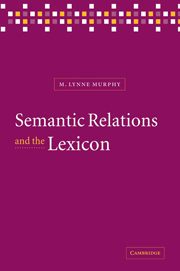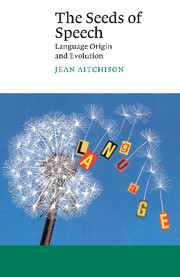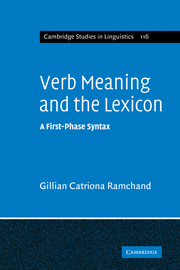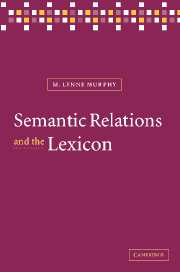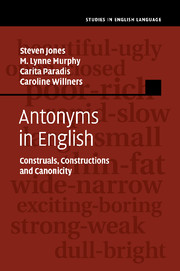Lexical Meaning
The ideal introduction for students of semantics, Lexical Meaning fills the gap left by more general semantics textbooks, providing the teacher and the student with insights into word meaning beyond the traditional overviews of lexical relations. The book explores the relationship between word meanings and syntax and semantics more generally. It provides a balanced overview of the main theoretical approaches, along with a lucid explanation of their relative strengths and weaknesses. After covering the main topics in lexical meaning, such as polysemy and sense relations, the textbook surveys the types of meanings represented by different word classes. It explains abstract concepts in clear language, using a wide range of examples, and includes linguistic puzzles in each chapter to encourage the student to practise using the concepts. ‘Adopt-a-Word' exercises give students the chance to research a particular word, building a portfolio of specialist work on a single word.
<iframe title="YouTube video player" class="youtube-player" type="text/html" width="480" height="390" src="http://www.youtube.com/embed/DtDs0lBfSAI" frameborder="0" allowFullScreen></iframe>
- Each chapter includes several puzzles that test readers' understanding of the concepts
- 'Adopt-a-Word' exercises in each chapter encourage students to research a single word, to ensure the development of a theme throughout the book
- Demonstrates controversies in the field by considering more than one theoretical approach
Reviews & endorsements
"...Murphy's new book will surely become a favourite among textbooks on semantics, thanks to the good balance and accessibility of topics provided, its well-constructed exercises, and the clear focus on the intended readership." --Linguist List, http://linguistlist.org/issues/22/22-3570.html
Product details
November 2010Paperback
9780521677646
276 pages
247 × 172 × 13 mm
0.55kg
30 b/w illus. 11 tables
Available
Table of Contents
- Part I. Meaning and the Lexicon:
- 1. The lexicon - some preliminaries
- 2. What do we mean by meaning?
- 3. Components and prototypes
- 4. Modern componential approaches - and some alternatives
- Part II. Relations among Words and Senses:
- 5. Meaning variation: polysemy, homonymy and vagueness
- 6. Lexical and semantic relations
- Part III. Word Classes and Semantic Types:
- 7. Ontological categories and word classes
- 8. Nouns and countability
- 9. Predication: verbs, events, and states
- 10. Verbs and time
- 11. Adjectives and properties.


